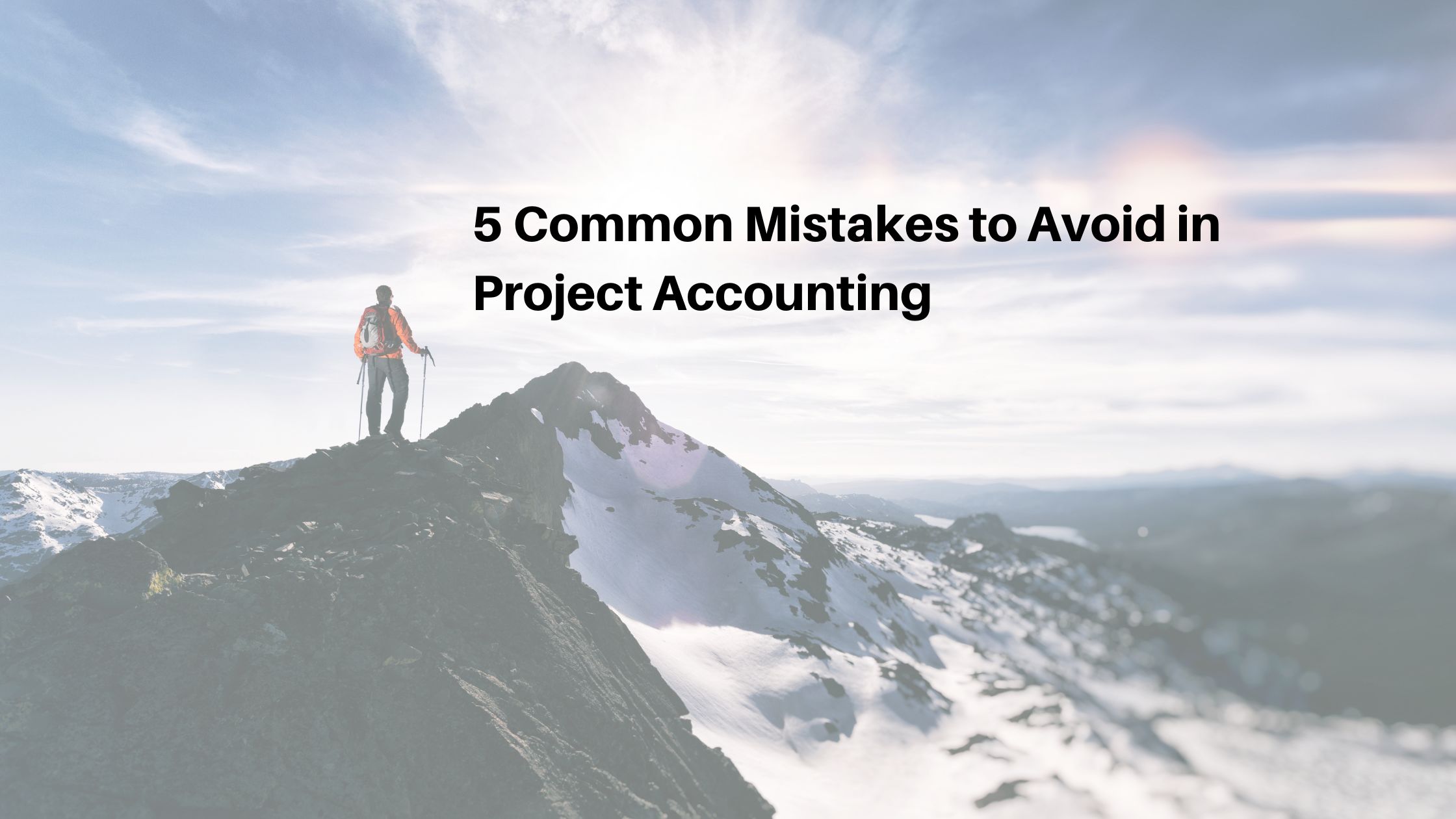How Monograph Simplifies Multi-Currency Management for Global Projects
Wiki Article
Checking Out the Secret Functions of Monograph Accountancy for Effective Accountants

Defining Monograph Accounting: A Comprehensive Overview
Monograph accounting represents a specific method within the wider field of financial reporting. This method highlights the methodical and in-depth documents of monetary deals and their implications. Unlike conventional accounting, Monograph audit is often customized to distinct situations or particular industries, giving a concentrated framework for evaluation and coverage. It permits accountants to delve much deeper into particular locations, providing a detailed view that aligns very closely with organizational purposes.A crucial feature of Monograph bookkeeping is its adaptability; it can include different audit requirements and practices as required. This versatility enables accounting professionals to create records that are not only exact however also pertinent to stakeholders. The method usually involves substantial research study and assessment of financial information, guaranteeing that every element is thoroughly understood and recorded. Thus, Monograph bookkeeping functions as a crucial device for accountants aiming to supply informative economic assessments tailored to certain contexts.
The Relevance of Clarity and Precision in Financial Coverage

Incorrect or vague coverage can result in misdirected strategies, wore down depend on amongst investors, and regulative scrutiny. As a result, accountants should focus on precision in their job, guaranteeing that numbers are meticulously confirmed and economic narratives are systematic. This not just cultivates openness but also improves the general trustworthiness of the company.
Inevitably, clarity and precision in economic reporting are indispensable for maintaining stakeholder confidence and advertising sustainable business development. Accountants play a vital duty in upholding these standards, making their know-how important in browsing the intricacies of economic information.
Enhancing Decision-Making Procedures Through Monograph Audit
Effectiveness in decision-making procedures is significantly boosted via the principles of Monograph audit. By settling detailed monetary data right into a single, meaningful framework, accounting professionals can swiftly access important info necessary for educated selections. This technique reduces the moment invested on data access and interpretation, permitting an extra active reaction to economic circumstances.Furthermore, Monograph accounting stresses clear classification and thoughtful organization of economic purchases, which decreases mistakes and miscommunication. When accountants utilize these principles, they can present economic understandings in an organized way, facilitating discussions among stakeholders.
Additionally, the standardization inherent in Monograph bookkeeping allows smooth contrasts across different durations or divisions, further helping in calculated preparation. This structured technique not just enhances the interior procedures of accounting professionals yet additionally improves the total organizational agility, empowering companies to adjust to altering market problems promptly.
Trick Advantages for Accounting Professionals and Their Clients
While adopting Monograph audit might require a preliminary financial investment of time and sources, the long-term advantages for both accountants and their customers are considerable. This bookkeeping approach promotes boosted accuracy and openness, allowing accounting professionals to maintain more clear economic documents. By settling details into a singular story, customers get much better understandings into their financial health, facilitating notified decision-making.Monograph bookkeeping fosters stronger client relationships through enhanced interaction. Accounting professionals can offer financial data in a more absorbable layout, making it simpler for customers to understand intricate details. This clarity not only develops trust but additionally encourages positive monetary management
Additionally, the structured procedures related to Monograph bookkeeping reduce the likelihood of errors, which can save both money and time. Inevitably, the integration of this method brings about extra effective operations, making it possible for accounting professionals to give greater high quality solution while empowering clients with enhanced economic understanding and control.
Practical Applications of Monograph Accountancy in Various Industries
In what means can monograph accounting transform different markets? By offering a focused and detailed strategy to monetary reporting, Monograph accountancy enhances clarity and accuracy throughout varied sectors. In medical care, for example, it facilitates the exact monitoring of person costs and resource allowance, ultimately enhancing Monograph For AE economic administration. The production field take advantage of its organized analysis of manufacturing costs, enabling much better rates methods and success evaluations.In the retail market, Monograph audit aids in inventory administration and sales forecasting, helping organizations maximize stock degrees and reduce waste. Moreover, in the nonprofit industry, it helps in transparent reporting of give financing and resource use, cultivating trust among stakeholders. In general, Monograph bookkeeping's tailored techniques enable organizations to attain monetary openness and operational efficiency, making it an important device throughout various sectors. Its adaptability makes certain that organizations can fulfill certain accountancy requirements while keeping compliance with laws.
Often Asked Inquiries
What Software Is Finest for Carrying Out Monograph Bookkeeping?
The most effective software application for carrying out Monograph bookkeeping includes copyright, Xero, and Sage. These platforms use detailed features tailored for effective monitoring, reporting, and monitoring of monetary data, promoting streamlined accountancy processes for specialists.Exactly How Does Monograph Audit Differ From Traditional Audit Methods?
Monograph accounting concentrates on private jobs or clients, highlighting comprehensive monitoring and reporting for particular entities, while traditional accountancy aggregates data throughout all entities, focusing on overall economic health instead than project-specific insights and efficiency.What Are Common Obstacles Accountants Face With Monograph Audit?
Accountants frequently encounter obstacles with Monograph accountancy, including complexity in economic reporting, integration with existing systems, ensuring compliance with guidelines, adapting to special customer demands, and managing the in-depth paperwork required for exact assessments.
Exist Certain Laws Governing Monograph Bookkeeping Practices?
Yes, certain regulations commonly control Monograph audit methods, consisting of adherence to nationwide bookkeeping requirements, compliance with tax regulations, and industry-specific standards. Accountants have to continue to be informed to guarantee their methods align with these developed structures.Exactly How Can Accountants Stay Updated on Monograph Bookkeeping Trends?
Accountants can stay updated on Monograph audit trends by registering for industry magazines, attending pertinent workshops and meetings, taking part in professional companies, and engaging with on-line forums committed to audit criteria and ideal methods. (Monograph Consultants)Monograph bookkeeping presents a distinct structure that improves monetary coverage for accounting professionals. Unlike standard bookkeeping, Monograph accounting is typically customized to distinct circumstances or specific industries, giving a concentrated framework for evaluation and reporting. An essential function of Monograph audit is its flexibility; it can incorporate different bookkeeping criteria and practices as required. By providing a concentrated and comprehensive technique to economic coverage, Monograph accountancy boosts quality and precision throughout varied sectors. Yes, details regulations usually govern Monograph audit methods, including adherence to nationwide audit standards, conformity with tax guidelines, and industry-specific guidelines.
Report this wiki page